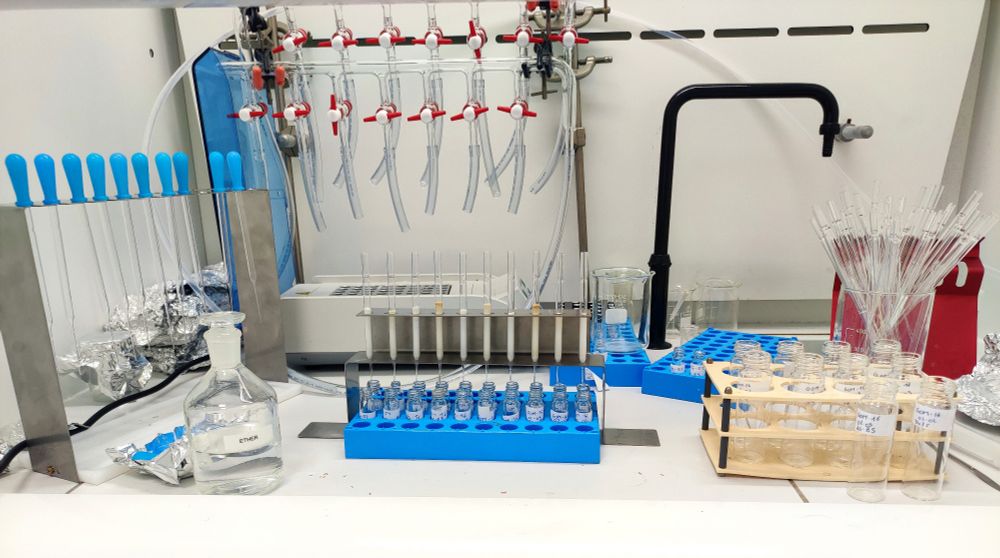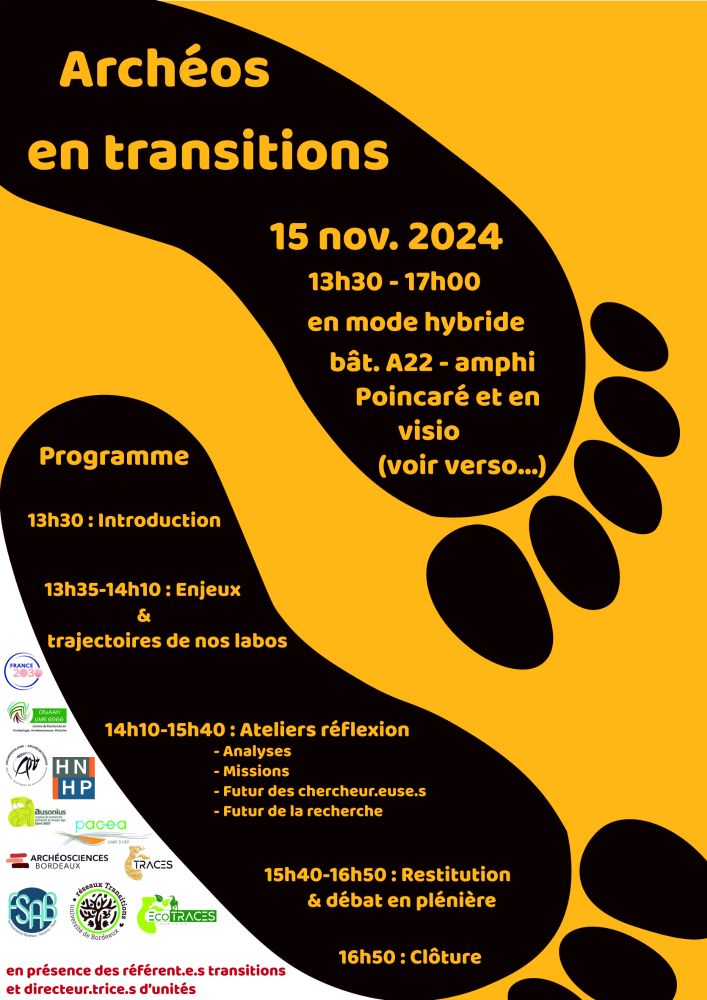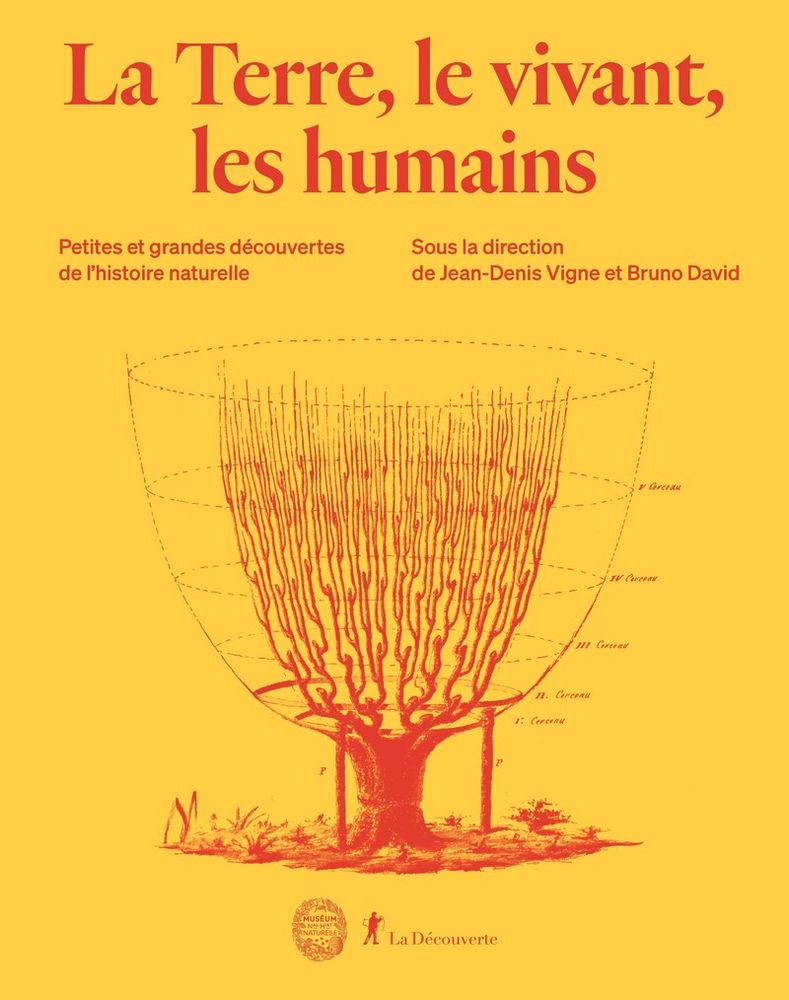Deadline to apply 5th May
www.lsce.ipsl.fr/en/archives-...

Deadline to apply 5th May
www.lsce.ipsl.fr/en/archives-...
@erc-agrochrono.bsky.social investigating the environmental context of the #Neolithic diffusion eastward through the study of #biomarkers in sedimentary archives from #Iran. Last week sampling at @cerege.bsky.social /IMBE was very productive!



@erc-agrochrono.bsky.social investigating the environmental context of the #Neolithic diffusion eastward through the study of #biomarkers in sedimentary archives from #Iran. Last week sampling at @cerege.bsky.social /IMBE was very productive!

Chemical analyses are now underway at @lsce-ipsl.bsky.social! ✨👩🏽🔬

Chemical analyses are now underway at @lsce-ipsl.bsky.social! ✨👩🏽🔬

Welcome Soleine!
Welcome Soleine!
Several members (Azadeh Mohaseb, Thomas Cucchi, Marjan Mashkour) of the UMR BioArch- CNRS/ MNHN contributed to this paper.

Several members (Azadeh Mohaseb, Thomas Cucchi, Marjan Mashkour) of the UMR BioArch- CNRS/ MNHN contributed to this paper.
go.nature.com/4lh97tr

go.nature.com/4lh97tr

For more posts: bioarcheo.hypotheses.org

For more posts: bioarcheo.hypotheses.org
@geode-cnrs.bsky.social
@inrae-france.bsky.social y.social
@cnrsecologie.bsky.social
#Old#forests#legacy#archaeology#biodiversity
For more posts : bioarcheo.hypotheses.org

@geode-cnrs.bsky.social
@inrae-france.bsky.social y.social
@cnrsecologie.bsky.social
#Old#forests#legacy#archaeology#biodiversity
For more posts : bioarcheo.hypotheses.org
@archeosciences.archaeo.social.ap.brid.gy
@umr-bioarch.bsky.social
@pacea.bsky.social
@umr5608traces.bsky.social
& Ausonius, CReAAH, HNHP

@archeosciences.archaeo.social.ap.brid.gy
@umr-bioarch.bsky.social
@pacea.bsky.social
@umr5608traces.bsky.social
& Ausonius, CReAAH, HNHP

Enjoy!
www.radiofrance.fr/francecultur...

Enjoy!
www.radiofrance.fr/francecultur...
fsp.hypotheses.org/2139

fsp.hypotheses.org/2139

Informations, inscription et programme : (archeozoo-archeobota.mnhn.fr/fr/actualite...)

Informations, inscription et programme : (archeozoo-archeobota.mnhn.fr/fr/actualite...)

www.mnhn.fr/fr/des-plats...

www.mnhn.fr/fr/des-plats...




